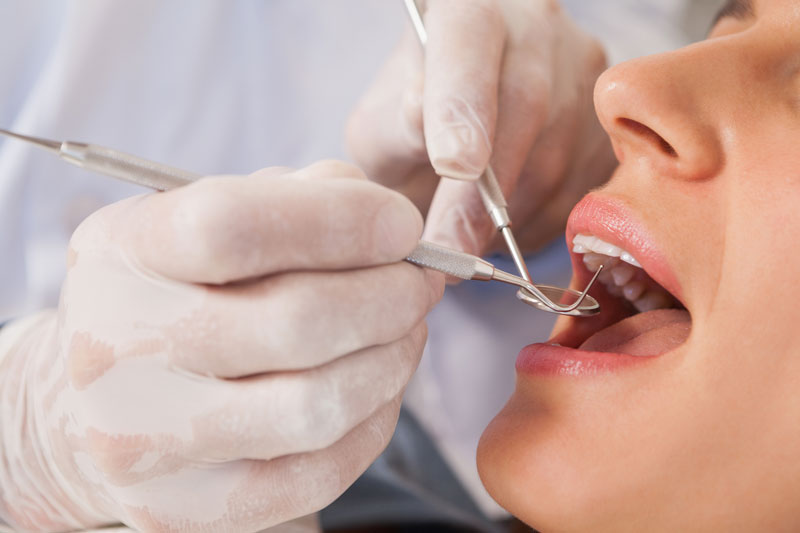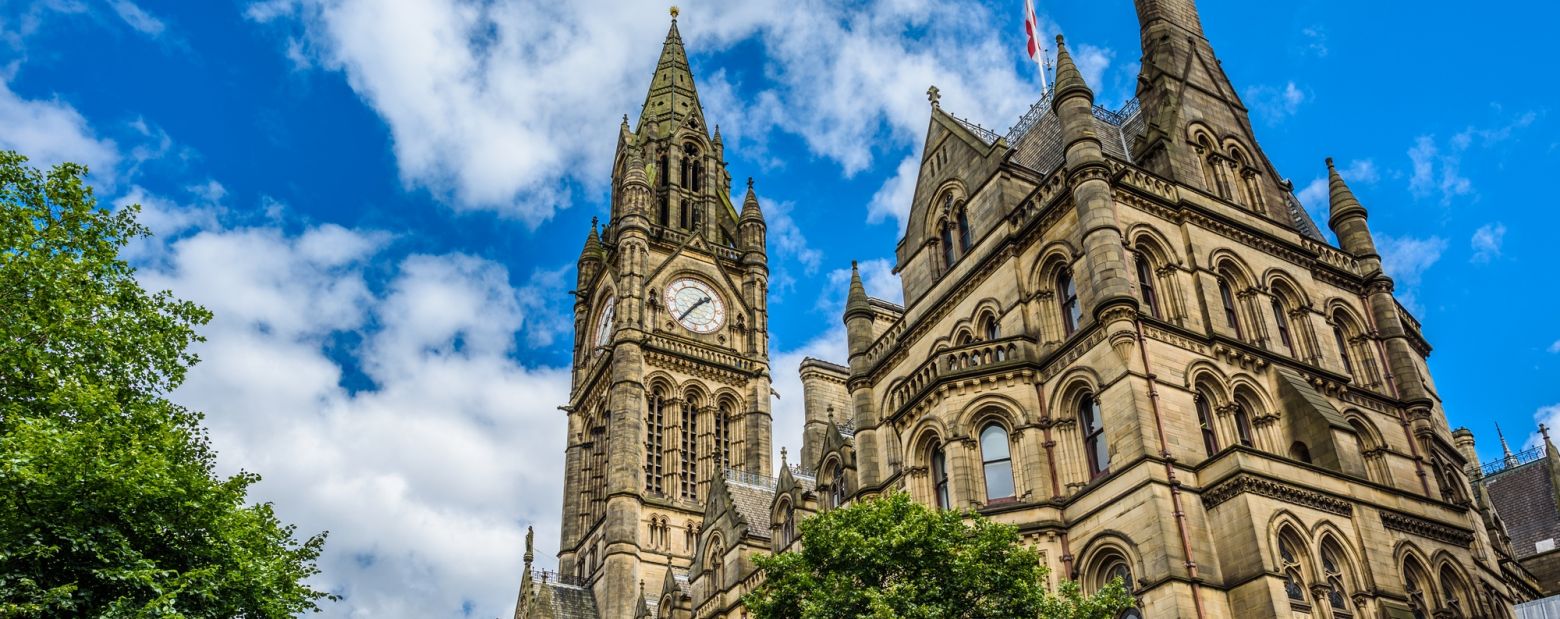Do You Want to Study Dentistry at University?
22nd April 13

Before I go to study Dentistry at university, what sort of A Levels will I need?
As Dentistry is essentially a medical course, it should be no shock to you that you will be expected to have the best possible A Level grades. Also, there are only sixteen Dental Schools in the whole of the UK so places are at a premium. Most universities offer Dentistry as a five year degree course, ending up with you graduating as a Bachelor of Dental Surgery (BDS).
Standard A Level subjects for Dentistry are Biology and/or Chemistry, and most universities require you to have As in one or both. Many also stipulate what sort of GCSEs you should have, so it’s important you do your research well in advance. An additional exam that some of the top universities want you to take is the United Kingdom Clinical Aptitude test (UKCAT). The UKCAT is made up of five sections, designed to test your mental aptitude. The section are Quantative Reasoning, Verbal reasoning, Abstract Reasoning, Decision Analysis, and a Situational Judgement Test. You can’t revise for it, and only certain universities require it. They are: Glasgow, Cardiff, King’s College London, Manchester, Newcastle, Queen’s University Belfast, Barts and the London School of Medicine and Dentistry, Dundee and Sheffield.
Click here for some more information about the UKCAT.
Lastly, you should have some work experience. It’s a vital piece of your application, and you should try and get as much and as varied experience as you can. Try and get experience in practises and hospitals, as we’ve mentioned, competition for places on courses is intense, so a healthy chunk of good work experience will help you stand out from the crowd on your application form.
Lastly, before a university makes you an offer, there is a good chance you will be interviewed. You face questions about why you want to become a dentist, why you chose that university, and you will be asked about you work experience and probably quizzed on some of the latest news, sop keep up to date!
Where should I go and study?
According to The Complete University Guide, in 2013 the best universities to study Dentistry were:
University of Glasgow – Dental School
A typical offer from Glasgow will be AAB at A Level. You’ll need an A in both Chemistry and Biology, and will probably ask you to take the UKCAT as well. They also expect you to have at least a B at GSCE in English literature, English Language, Maths and Physics.
King’s College London – Dental Institute
Expect an offer of AAA at A Level from King’s. You’ll need an A grade in both Chemistry and Biology, and they will make you sit the UKCAT. King’s recommend Maths as a good third A Level subject, and they will expect you have at least a B in GCSE English language.
University of Manchester – School of Dentistry
Manchester will ask you for 3 As at A Level. You must have an A in both Biology and Chemistry. Manchester will also expect you to have 6 As at GCSE, inclusive of Biology, Physics and Chemistry, or Double Science. You must also have at least a B in both Maths and English Language.
University of Bristol – Faculty of Medicine and Dentistry
Bristol will probably offer you 3 As at A Level. One of those As must be in Chemistry, and you must have an A in another lab based science subject, with Biology being the most recommended option. You must also have at least 5 As at GCSE, including English Language, Maths, and at least two sciences.
Queen’s University, Belfast – School of Medicine, Dentistry and Biomedical Sciences
Expect Queen’s to offer you 3 As at A Level. An A at Chemistry is mandatory, and another of your As must be one from Biology, Human Biology, Physics and Maths. AT GCSE you will need good grades in maths, Physics, and Chemistry, or Double Science.
Once I’m there, what sort of things can I expect?
A Dentistry degree, like all medical degrees, is a lot of hard work. You will spend up to eight hours a day, five days a week in lectures, seminars, or in the lab. So if hard work is not for you, you might want to rethink your choice.
You will learn about the fundamentals of clinical dentistry and medicine in your first and second years. You will cover modules in:
• Patient Care
• Health management
• Anatomy
• Clinical Practise Skills
• Operative Dentistry
• Biomedical Sciences
• Prosthodontics
• Pharmacology
• Clinical Medical Sciences
In your third and fourth years, you will build on what you learnt in your first years. You will begin to get clinical experience, and perform your first extraction, and you will work with real patients in a clinical setting.
By your final year you will be performing complicated dental procedures as routine. Crown and bridges and minor oral surgery will be the order of the day. You will experience working with children for the first time. A lot of universities will send you to spend time in real practises, hospitals, clinics or outreach centre where you will learn to work with nurses, hygienists and other dentists, to prepare you for running your own practise in the real world.
What skills will I develop?
When you graduate you will have enough clinical experience and be fully qualified to open up and run a practise of your own.
What sort of job can I get at the end of my degree?
Your career prospects at the end of your degree will be excellent. Not only could you become a practising dentist, but there a quite a number of other options available to you. Some graduates go back to school to study for a Masters and then go and become a consultant. Some return to university to teach. Others specialise in a particular part of dentistry like child dental health or orthodontics.







